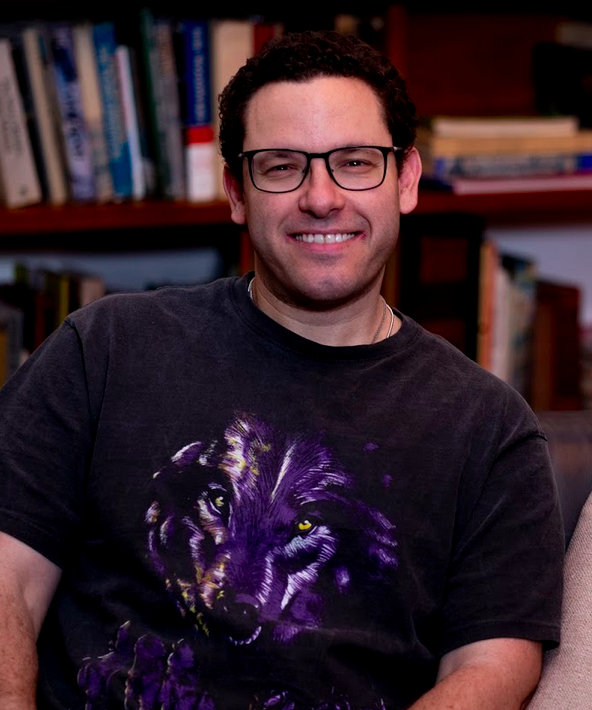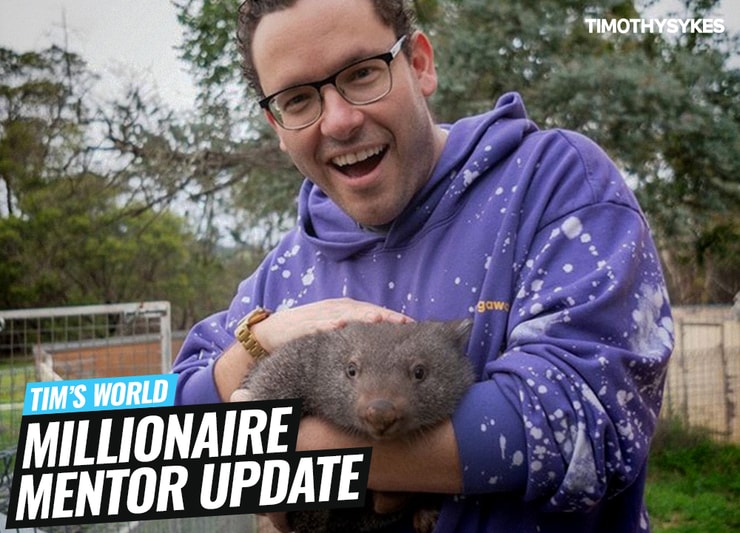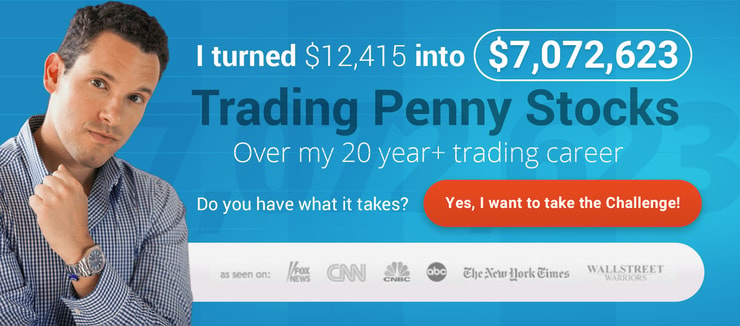In this edition of the update, we’ll take a look at the difference between FOMO and FOML. (Keep reading, it’ll make sense.) Also, some thoughts on the stock market’s reaction to COVID-19. Plus, why having a stick-to-it attitude is so important if you want long-term success as a trader.
“Every expert was once a beginner.”
— Rutherford B. Hayes, 19th President of the United States
Markets are closed today for the annual President’s Day holiday. Use today to study so you’re better prepared when the markets reopen tomorrow.
But first a little about my recent adventures…
Table of Contents
Checking in From Australia

Right now I’m in Australia. February is, historically, the worst month for bushfires. So I planned to be here now … to witness firsthand and do what I can to help. When I finally got here it turned out they got more rain than they’ve had in a long time.
Sydney had its heaviest rainfall in 30 years. Other parts of New South Wales had the most they’ve had in 10 plus years, which is good. The rain put out most of the bushfires. That includes one of the worst — a so-called mega-blaze considered too big to put out.
But it also brings more problems. Bushfire-hit areas are prone to flash floods.
Flooding Compounds the Danger to Animals
Even worse, there are animals stuck in the mud. They’re getting flooded and drowned. A lot of animals can’t move because they have infected wounds from the fires — which will kill them. It’s really sad.
The combination of severe drought, bushfires, and flooding is creating a compound effect. A lot of people think the crisis is all over here — but it’s not. So we’re still trying to save animals. We raised $102,000 with Karmagawa. We’re donating the money to worthy charities.
I’m personally meeting with the charities. I don’t just wanna give money like too many people do. There are a lot of iffy charities. Not necessarily bad — they still do good work. But the percent of donations that go to actual charity programs is very low.
Some are even low single digits, which seems crazy. But the rest goes for marketing and the expense of building a huge organization. It’s another reason I’m so proud of what we’re doing with Karmagawa. We’re leveraging social media influence to make the world a better place.
“No problem of human making is too great to be overcome by human ingenuity, human energy, and the untiring hope of the human spirit.”
George H.W. Bush, 41st President of the United States
The Stock Market Shrugs Off COVID-19
Frankly, I’m shocked the markets just shrugged it off. That tells me we’re in an even stronger bull market than I’d thought. Which means … it could go up a lot more if we get this coronavirus thing figured out.
A virus outbreak like COVID-19 could be really bad news. And the fact that the market didn’t care tells me we could go much higher. But if the coronavirus situation isn’t handled it could be bad. If more people get quarantined and more factories get closed, it means we’re setting up for an even bigger fall.
So if the market was healthy, I think you could expect a reaction. For example if, as a whole, the market said “this is a good excuse to take a 5% to 15% correction.” But it didn’t.
So I think this is gonna lead to a huge amount of upside … or a huge amount of downside.
Some people will say “Tim, that’s the market … up or down.” Yeah, tell me something I don’t know.
My point is, I think the stock market shrug-off means we’re gonna have a lot more volatility. Volatility is useful. So be safe, be prepared, and ride the bull market as long as it lasts.
“The Chinese use two brush strokes to write the word ‘crisis.’ One brush stroke stands for danger; the other for opportunity. In a crisis, be aware of the danger — but recognize the opportunity.”
― John F. Kennedy, 35th President of the United States
More Breaking News
- Is It Too Late to Buy Darden Restaurants Stock After Recent Price Movements?
- Navigating the Rising Star: Is Innoviz Technologies the Game-Changer in Autonomous Vehicles?
- Could JetBlue’s New Flights and Crew Expansion Boost the Stock’s Performance?
Now for the…
Trading Lesson of the Week
Last week so many students banked … $5K, $10K, $20K … even $50K on the week. But all those students who did that have something in common. What is it?
A year ago, two years ago … three years ago … they were making more like $500 in a week. Or even $200 in a week. And they were still happy.
So the lesson is…
… you gotta stick with it.
“Courage and perseverance have a magical talisman, before which difficulties disappear and obstacles vanish into air.”
― John Quincy Adams, 6th President of the United States
The longer you stick with it, the more you can scale up your position sizes. Then you can have the $10K weeks like Jack Kellogg, Kyle Williams, and Mark Croock had. And Tim Grittani, I think he might even have made six figures on the week.
How cool is it that my latest millionaire student @thehonestcroock made $40,000 this past week, but he realizes he missed out on more?
— Timothy Sykes (@timothysykes) February 9, 2020
[**Please note these results are not typical. These traders have exceptional knowledge and skills that they’ve developed with time and dedication. Most traders lose money. Trading is risky. Do your due diligence and never risk more than you can afford.]
The cool thing is, you now have so many examples of my top Trading Challenge students. I think it’s incredible. Remember, they all had the dedication to study and gain experience over time. None of them did it overnight. You won’t, either. Apply for the Trading Challenge here.
So buckle down and get studying. I know you want a lot of money, but you gotta start small. If you’re new to trading, access my FREE penny stock guide here. Read every chapter at least five times.
“Men are not prisoners of fate, but only prisoners of their own minds.”
Franklin D. Roosevelt, 32nd President of the United States
Finally, it’s time to answer….
Trading Questions from Students
Today I’m answering just one question. But I think it’s important because too many newbies focus on the wrong things.
“Tim, how do you balance personal schedule with fear of missing out (FOMO)?”
Fear of missing out is powerful. But this is why I like my retired trader analogy…
I think of myself as a retired trader. I only trade if there’s a good enough play. One so good that I feel guilty missing it from the sidelines.
It’s kinda FOMO-esque. But it helps prevent me from overtrading.
Remember, right now I’m trading from the other side of the world. I’m up at 2 a.m. or 3 a.m. I’m working with charities all day and then trading all night.
So I put myself in a position to not be really comfortable with trading. And that prevents me from overtrading. (Learn more about the dangers of overtrading here.) I have to put barriers in the way to prevent me from overtrading.
If I’m just sitting in Miami with good Wi-Fi, no meetings, and plenty of time…
… I overtrade.
Statistically, I do better when I’m traveling because it forces me to not have FOMO. It’s the opposite of FOMO.
Here’s what I mean by that…
I have a fear of missing out on adventure. It doesn’t matter my locale. I don’t have a fear of missing trades.
“In the end, it’s not the years in your life that count. It’s the life in your years”
― Abraham Lincoln, 16th President of the United States
I have a fear of missing life. FOML, if you want to call it that. FOML allows me to focus on the best trades and then go out and live life. Which, in my opinion, is how it should be for everybody.
Personal schedule is one of the indicators I use in my Sykes Sliding Scale. You can learn how to use this tool to help plan trades by studying my Trader Checklist Part Deux guide. Also, I use this stock scanning software every day. I trade with these rules and these are my brokers right now.
Millionaire Mentor Market Wrap
That’s another one in the books. I’ll be spending a few more days in Australia meeting with charities doing good work. I hope you dream big enough that you can travel and do the things you want in life.
Be safe out there. Take the coronavirus scare seriously, but don’t let it control your life.
And use your spare time to study. Use the time to read “The Complete Penny Stock Course” by my student Jamil. (I wrote the forward.) But don’t expect to get rich overnight, because it’s not gonna happen. Be willing to put in the work to get there. And whatever you choose to do, remember this quote from our first president…
“Ninety-nine percent of failures come from people who make excuses.”
― George Washington, 1st President of the United States
How are you spending the President’s Day holiday? Comment below, I love to hear from all my readers?




Leave a reply